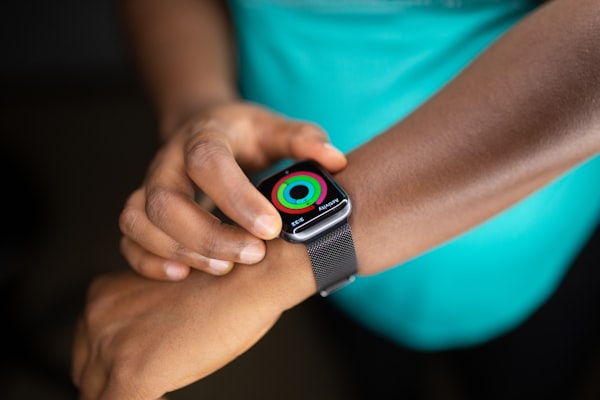The Healthcare Metaverse
It's the latest buzzword. But where is its place in healthcare?

It feels almost as if it's already summer here in Slovenia. And that’s great - I have much more energy for everything I do.
Last week’s email was a success. 70% of subscribers opened it (the industry average is about 22%). That’s pretty wild, and I can only hope it continues.
In this one:
- An AI model predicting race.
- The healthcare metaverse.
- A new player among wearables.
🩻 An AI model predicting race
A landmark AI paper has been published in The Lancet about detecting race from an X-Ray.
First, it’s a common belief among radiologists that it’s almost impossible to do so. Other demographics such as age and sex can be identified from medical images. Some of them can even be detected by AI. But race, not so much.
At least until now. The researchers showed that “standard AI deep learning models can be trained to predict race from medical images”. For that, they used several datasets and then compared the efficiency to self-reports.
Okay, this might not seem too important. An AI model can now read a patient’s race from an X-Ray scan. So what? But it’s critical to interpret these findings. Below, I’m sharing two quotes from the paper that in my opinion best describe the findings.
However, our finding that AI can accurately predict self-reported race, even from corrupted, cropped, and noised medical images, often when clinical experts cannot, creates an enormous risk for all model deployments in medical imaging.
We strongly recommend that all developers, regulators, and users who are involved in medical image analysis consider the use of deep learning models with extreme caution as such information could be misused to perpetuate or even worsen the well documented racial disparities that exist in medical practice.
For more details, read the study from The Lancet.
🏥 The healthcare metaverse
These days it’s metaverse this, metaverse that.
On the one hand, we have the hype. On the other hand, we have constant setbacks in the blockchain world (which the metaverse is a part of). This shows that its adoption is still a long way from happening.
This week I’m sharing a short video from The Medical Futurist explaining the implications of the metaverse in healthcare.
And I’d like to hear your thoughts. What do you think about the metaverse in general and about it being used in healthcare?
⌚️ A new player among wearables
Like Apple, Google is also one of the biggest players in digital health today. When Google acquired Fitbit last year, their direction was pretty clear - they want to enter the wearable market.
To be fair, they were already in it for some time by offering Wear OS to smartwatch producers.
However, now we’re getting the Pixel Watch. Google presented a prototype of it at their annual Google I/O event. We’ll see how they will attempt to catch up to Apple, especially in terms of health. But the big tech monopoly will almost certainly extend.




